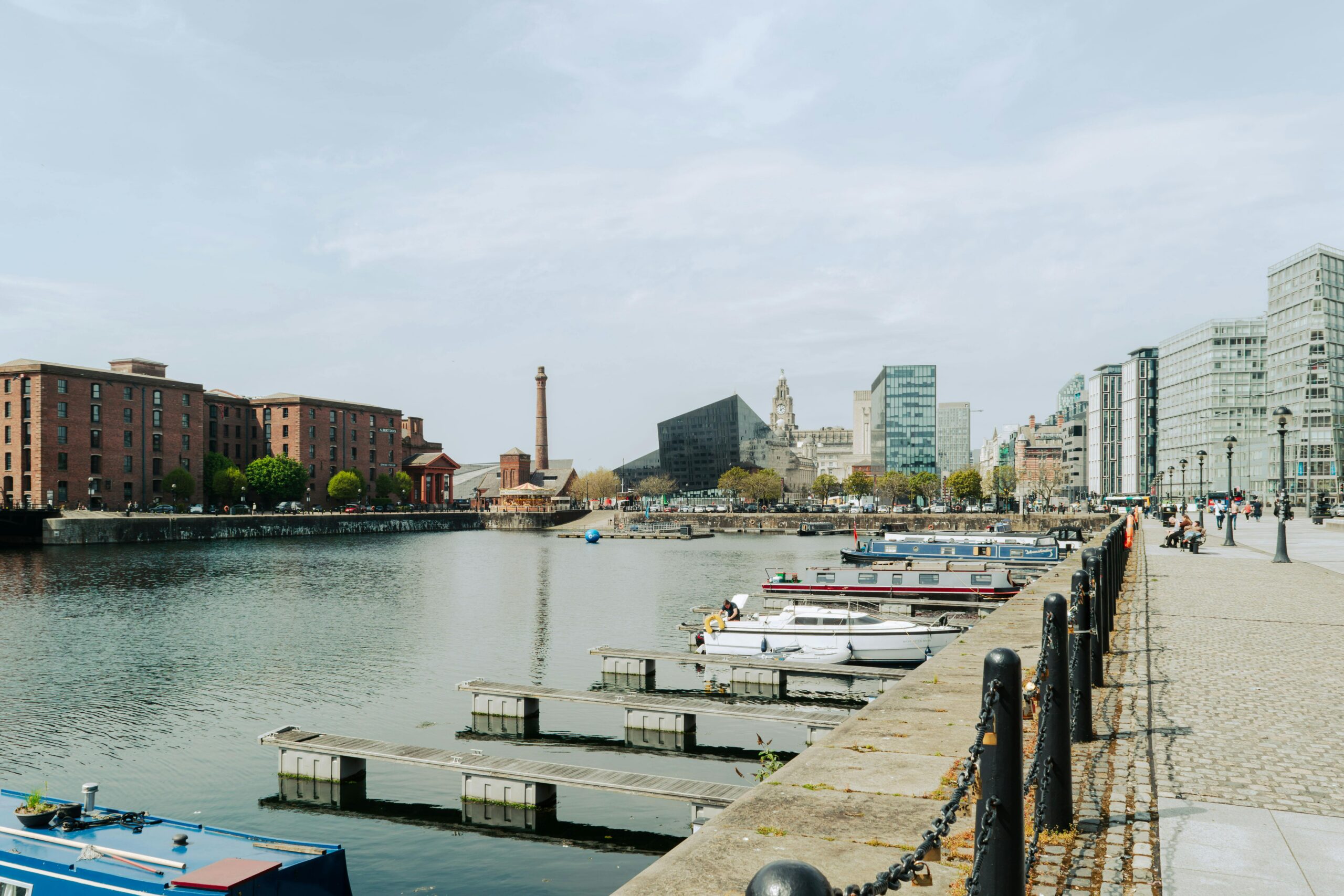The Financial Action Task Force (FATF) has, at its February 2022 Plenary session, determined that Malta “substantially completed its action plan” which “warrants an on-site visit to verify that the implementation of Malta’s AML/CFT reforms has begun”.
The action plan was drawn up following the country’s placement under increased monitoring, also known as the grey list, in June 2021.
Describing the update as an “initial determination,” the FATF also said the site-visit will be undertaken to ensure reforms are “being sustained, and that the necessary political commitment remains in place to sustain implementation and improvement in the future.”
The FATF, in an official statement highlighting updates from various agenda items discussed at its Plenary, outlined the following reforms made by Malta’s Government
(1) continuing to demonstrate that beneficial ownership information is accurate and that, where appropriate, effective, proportionate, and dissuasive sanctions, commensurate with the ML/TF risks, are applied to legal persons if information provided is found to be inaccurate; and ensuring that effective, proportionate, and dissuasive sanctions are applied to gatekeepers when they do not comply with their obligations to obtain accurate and up-to-date beneficial ownership information;
(2) enhancing the use of the FIU’s financial intelligence to support authorities pursuing criminal tax and related money laundering cases, including by clarifying the roles and responsibilities of the Commissioner for Revenue and the FIU; and
(3) increasing the focus of the FIU’s analysis on these types of offences, to produce intelligence that helps Maltese law enforcement detect and investigate cases in line with Malta’s identified ML risks related to tax evasion.
The FATF said it will continue to monitor the COVID-19 situation and conduct an on-site visit at the earliest possible date.
The next step in the road out of the grey list will take place once FATF representatives visit Malta, presumably after the country heads to the polls in the 26th March general election.
Reacting to the news, a Government statement said that the on-site visit is regarded as one of the final stages in the process of coming out of the grey list, implying that if it is a successful visit, few hurdles remain.
What is the grey list?
The grey list acts as a signal to the global business community that there are heightened risks in terms of money laundering structures when doing business with Malta. This has led to increased bureaucracy and scrutiny towards transactions coming in and out of the country, and acts as a deterrent to setting up a business on the island.
Indeed, banks have complained about the increased checks for documentation when sending transactions in and out of the country, while local suppliers say that lines of credit have gotten shorter since the grey listing.
Click here to check out an interview with compliance expert Charles Cassar on the different ways greylisting can impact an economy.
The international watchdog had flagged three main concerns: the accuracy of information surrounding beneficial company ownership, enhancing the financial intelligence agencies to support authorities to pursue criminal tax and money laundering cases, and an increase in the FIAU’s focus on pursuing and sharing information on these types of offences.
Last month, Prime Minister Robert Abela announced that Malta had completed the action plan to get itself removed from the FATF grey list.
“We worked hard in recent months to complete the action plan, we completed the action plan and the process with the FATF is proceeding satisfactorily,” Dr Abela said during an appearance on TVM discussion show Xtra.
“I can give positive news about it. However, I must be cautious because the worst possible course of action would be to take up the Opposition Leader’s narrative, to arrogantly tell the FATF that Malta will get off the greylist three months after he becomes Prime Minister. That is a guarantee that you won’t get off the grey list,” he said.
Also last month, the US also weighed in, saying it appreciates Malta’s efforts to implement the FATF action plan.
In January 2022, Government revealed that it had submitted all documentation on the efforts and progress made between the June 2021 announcement and December 2021.
Call for trade mission for Malta-based businesses to Wales and Liverpool
Interested parties are invited to e-mail TradeMalta by not later than Tuesday 17th March
Malta sets birth rate growth targets after years of decline
Vision 2050 envisages gradually increasing birth rate from 1.01 to 1.3 by 2035
Wolt Market unveils refreshed identity in Malta
Expanded partnerships with Maltese producers, upgraded fresh food categories, all in vibrant green – Wolt Market marks a new milestone






